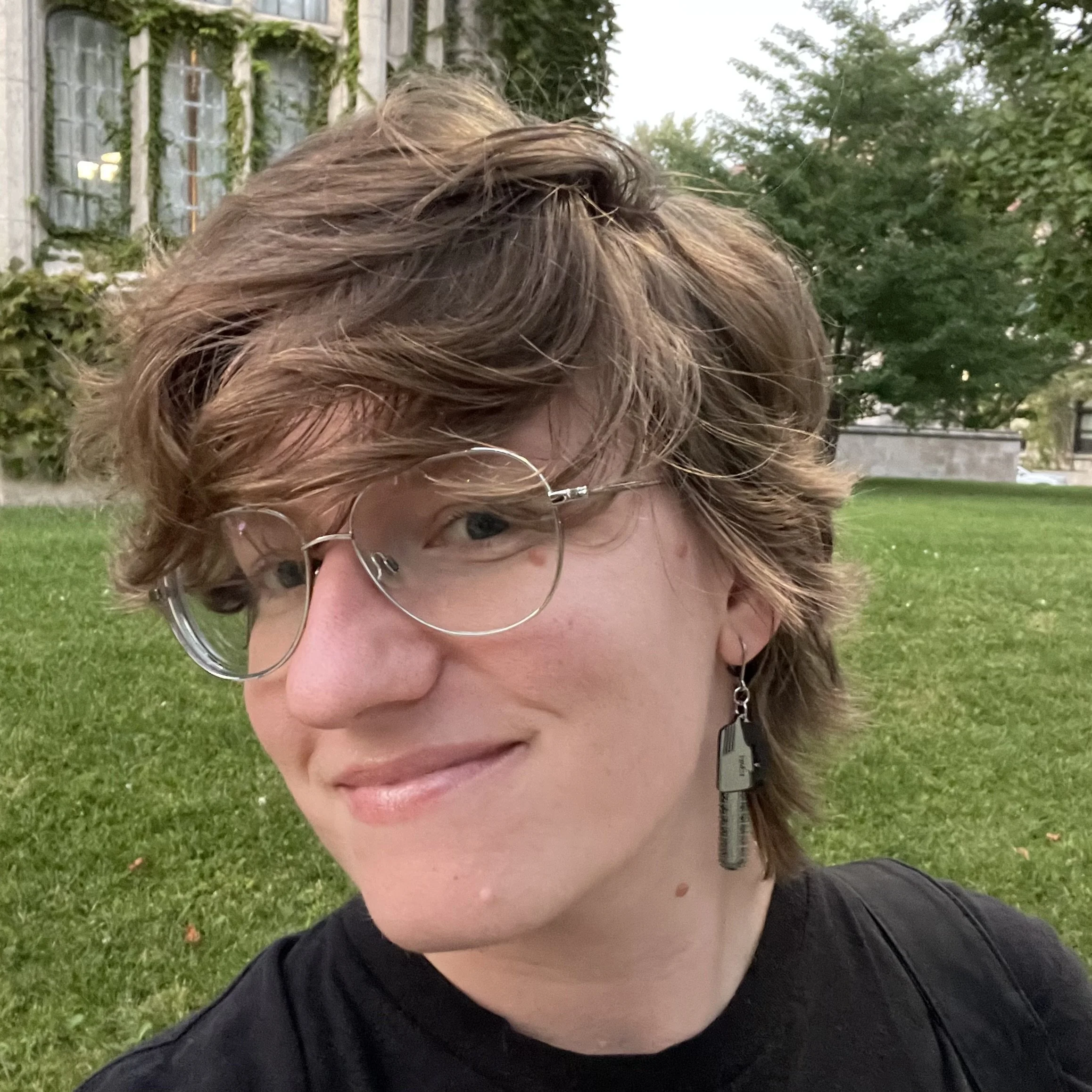Meet the Critic: Sarah Welch-Larson
In the Chicago Critics Film Festival’s new “Meet the Critic” series, we’re introducing our readers to some of the many talented members of our Chicago-area print, online and broadcast critics group, which celebrates the art of film and film criticism.
In today’s feature, meet Sarah Welch-Larson, a film critic who writes at the intersection of feminist theory and theology, sad men in space, and stories about agency, creation, and androids. That culminates in delightful fashion in her book, Becoming Alien: The Beginning and End of Evil in Science Fiction’s Most Idiosyncratic Franchise where she takes the “fractured franchise” and binds them together by reading their explorations of the concept of evil through the lens of Catherine Keller’s cosmology.
When she’s not immersing herself in the world of facehuggers and synthetics, she’s a staff writer for Bright Wall/Dark Room and a co-writer of the Seeing & Believing newsletter (formerly a long-running podcast), with her writing appearing elsewhere at RogerEbert.com, Tor.com, and Think Christian. In Chicago, she lives with her husband, dog, and about three dozen houseplants.
Read her answers to our inaugural Meet the Critic Q&A below.
How has being based in Chicago informed your criticism?
Living here means access to excellent arthouse theaters: the Music Box, of course, as well as the Gene Siskel Film Center, Facets, the Landmark, the Davis, and my beloved Doc Films. Every single one of these theaters has been crucial for my development as a critic; not just the access to limited-release movies, but also the opportunity to catch up with repertory screenings, to sink in to something bigger and older than me, and to be swept away by the experience.
What’s a title from our line-up that you’re excited for people to see?
Zodiac Killer Project! What a fun, playful, thoughtful movie—I especially appreciate its use of long, slow zooms.
What’s a piece that you’ve written that you’re most proud of and why?
I recently sank my teeth into a double feature of Robert Eggers’s Nosferatu (2024) and The Vourdalak (2023) for Bright Wall/Dark Room. Both movies use artifice to draw attention to what’s important—Nosferatu with its rigid camera angles, The Vourdalak with its six-foot-tall vampire puppet—and both movies are about facing the hopelessness of an all-encompassing evil. Nothing to do with the times we’re living in, of course.
Follow Sarah at Letterboxd and Instagram.
